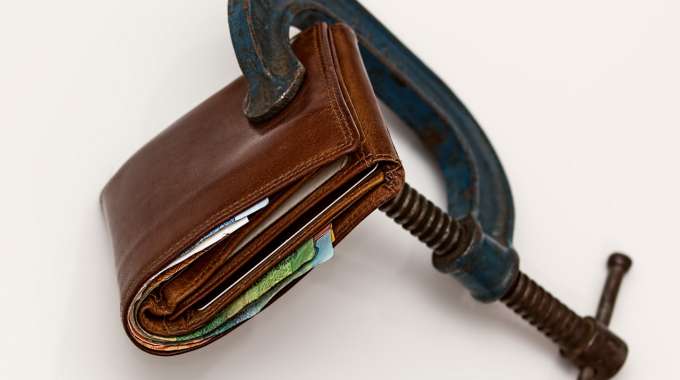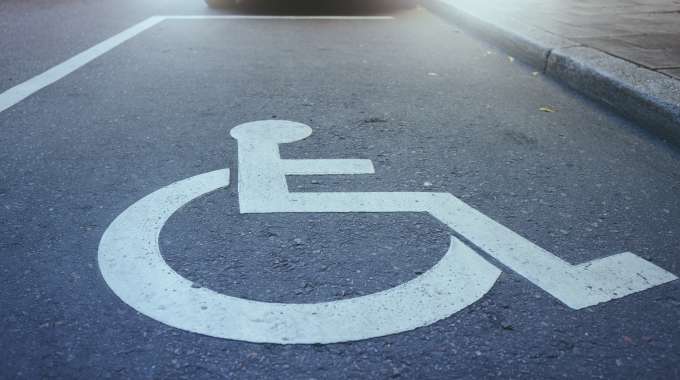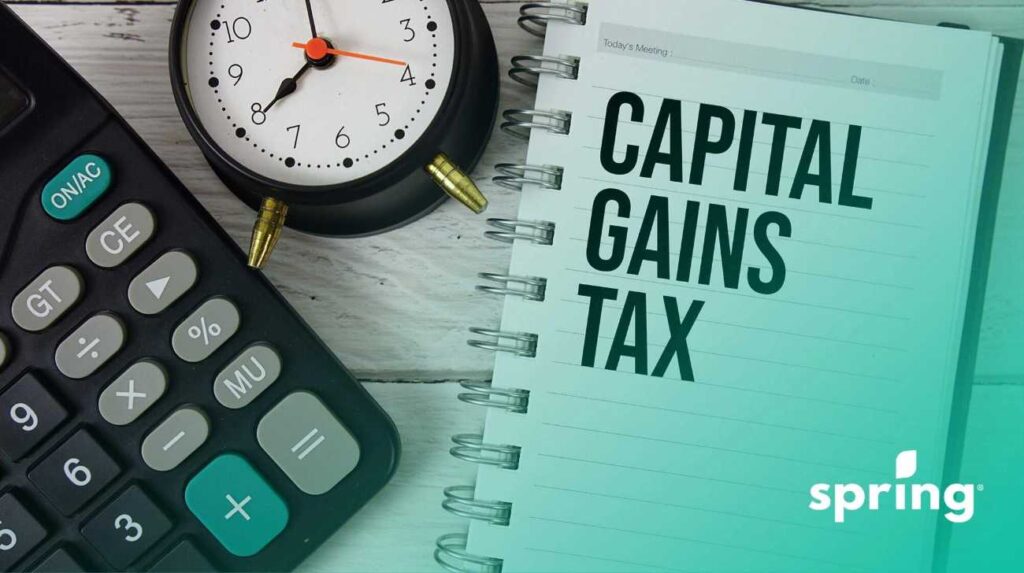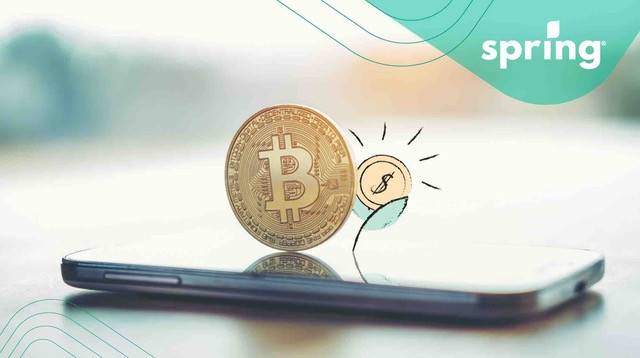Identity theft is big business, and it’s getting bigger. Rates of identity theft in Canada in 2017 were 8.9 out of every 100,000 people—quadruple what it was less than a decade ago. The Canadian Anti-Fraud Centre (CAFC) keeps stats on the complaints they receive, and report that victims of identity theft can experience hardship in obtaining credit and restoring their name, not to mention suffering financial losses.
Thanks to the internet, social insurance numbers, credit card numbers, and other personal information can be stolen and misused more quickly than ever. However, there are more ways to protect your identity, also thanks to the internet (and, of course, common sense). Don’t be a victim. Education is the best defence. Check out our quick guide on how to protect yourself from identity theft.
1. Know the Scams
The CRA tax scam continues to make its rounds this year, and unfortunately, more Canadians have fallen victim to it. According to authorities, most scams fall within one of three categories:
- Debt collection scams
- Identity theft scams
- Imposter scams
While identity theft scams are one category, the others are also related, so it’s good to be aware of their existence. The scams that fall within each category run the gamut, from social media scams, email scams (phishing), and phone scams. Some criminals are gutsy enough to continue the door-to-door thing, posing as a real company (like a hydro company) that is offering “better rates”, or a fundraising company for x,y & z cause. If you’re not sure what’s circulating right now, you can bookmark this page from the RCMP’s website, detailing the scams to be aware of.
2. Regularly Check Your Accounts for Errors or Strange Activity
Good financial due diligence means taking preemptive and preventative measures against disasters like identity theft. It makes good financial sense to check on your credit score regularly, but you should also pull a full report (for free) at least annually to check for errors or strange activity.
Strange activity includes new accounts seemingly opened legitimately in your name, whether they’re delinquent accounts or not. If you do suspect something fishy, contact your financial institution that the error is listed under (bank, credit card company, etc.) and also the credit bureaus where you got the information from immediately. Time is of the essence when it comes to correcting the errors and possibly even finding the root of the fraud to begin with.
Once you’ve verified that there is indeed an error, and you’ve contacted the bureaus, it’s time to add a fraud alert on your account. These are free additions to your credit reports, and you can do this even if you’re not 100% sure something bad has happened. You can simply add it as a preventative measure. Now, every time a credit account is opened in your name, the credit bureau has to contact you personally beforehand to verify it’s really you.
There are both short- and long-term fraud alerts available, but only one of them (the long-term one) is available if you’ve actually been a victim of fraud. The short term fraud alert is only for a few months, but you can avail of it if you think you’re at risk, even if nothing has happened yet.
3. Common Sense Preventions
For some reason, some people still put their full address and phone number on their social media profiles. Facebook is a goldmine for identity theft criminals, especially since they’ll usually get your birthday with ease, in addition to your full name. Adding your address and phone number makes it too simple to pretend to be you. Do yourself a favour. Put that profile on private, or at the very least, remove yourself from being totally public. They go looking, so don’t make yourself easy to find.
4. Use Strong Passwords & Change Them Often
It should go without saying to not use easy-to-guess passwords like “password” or your birthday or name. Security experts say you should use longer passwords vs. short ones, remove all vowels from your password and add random capitalizations to it. These are just a few of many suggestions for creating a rock-solid password, but check the full list here.
You should also change your password often, and don’t use the same password on multiple accounts. If you’re worried about remembering them all, you can use a secure service like LastPass.
5. Don’t Name Your Home Wi-Fi Something Obvious
We’ve all seen the jokester down the road who named his Wi-Fi network “FBI Surveillance Van”. But as hilarious as that is, his idea is a good one. Don’t name your network after your address, or include any sensitive information in it. Name it something totally arbitrary. It also doesn’t hurt to follow some of the password rules above, too.
6. Be Extremely Careful When Using Public Wi-Fi
And we mean, extremely. Whether you’re travelling through an airport, or using a coffee shop’s network, cybercriminals know unprotected computers when they see one. You don’t even need to be doing any kind of financial activity while in the shop.
If you save your financial information on your computer anywhere, and it’s unsecured and easily findable, trust us, they’ll find it and do so incredibly fast. If you do have to do banking or shopping online while on a public network, at least use a VPN. There are plenty of free and excellent paid options out there, all that encrypt your data and protect your privacy. Most have great speeds, are easy to use and have various server locations that you can choose from.
7. Protect Your Identity Offline, Too
With our entire lives essentially being online, it’s easy to forget that thieves still use the traditional route, too. Dumpster diving is still a thing. Check out YouTube – it’s full of dumpster diving channels that are more for loot finding from store-throwaways, but identity thieves do this too, looking for obvious credit card applications, bills, bank statements, anything containing your personal information, ready for the taking. If you don’t shred these documents before throwing them away, then start doing so. If you have a fireplace, burn them.
Thieves also steal right out of mailboxes, especially if they’re not right up on your doorstep. There are people stealing Amazon deliveries right off porches, so it’s not inconceivable that some of them are gutsy enough to just take your bank statement or tax form right out of your mailbox. Stay safe, be smart and keep up to speed with what’s going on. Add an identity theft scam Google Alert to always be ready.
Staying savvy about identity theft is just one piece of your personal finances jigsaw. Spring Financial can help make the rest of the pieces fall into place for you. We offer no-fuss personal loans to help you pay your bills, consolidate your debt, and get that home renovation you’ve been dreaming of. Apply today!








